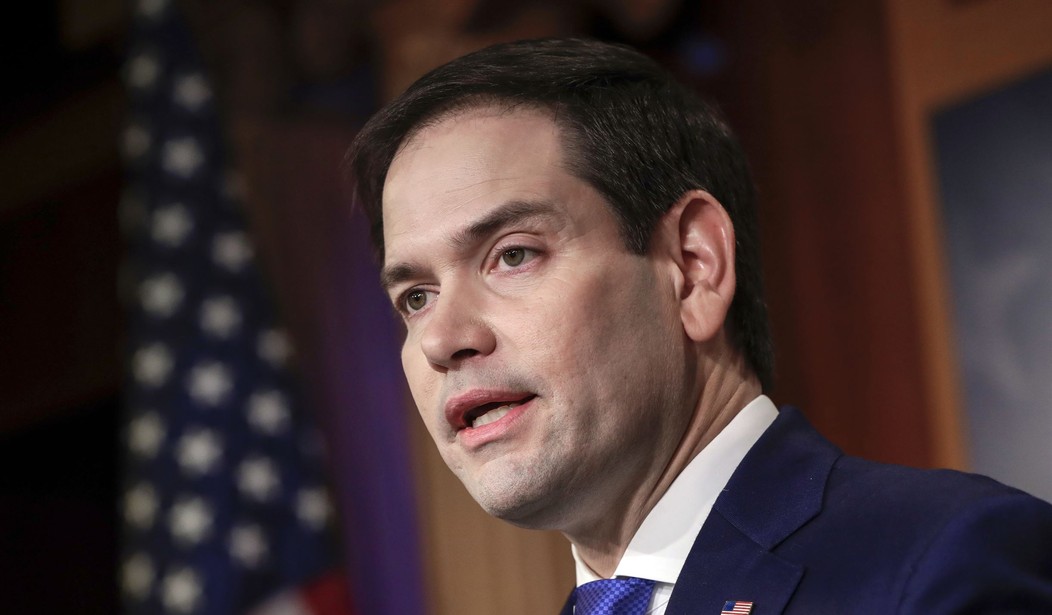During this pandemic, the only problem bigger than government and corporate waste and inefficiency has been the virus itself. When the initial CARES Act’s PPP (Paycheck Protection Program) to support small businesses ran out of funds after only two weeks, how is the $484 billion Pandemic Relief Plan President Trump signed on Friday going to be any different? Where are your tax dollars really going?
The most significant feature of the new plan is to provide an additional $370 billion in funds for small businesses severely affected by the shutdown. I emphasize small business because CARES was filled with multiple examples of large companies violating the spirit of the act and gaming the system to drain funds dry before they could be accessed by smaller companies the program was designed to help.
Small businesses that symbolize the entrepreneurial heart of middle-class America are hurting while large companies like Ruth’s Chris ($20 million in loans initially funded), Potbelly’s ($10 million in loans initially funded) and Shake Shack ($10 million in loans initially funded) and other giant corporations were forced to return the money after public outrage forced their hand. The Treasury has even had to update guidelines advising publicly traded companies from applying for program funds in the first place.
Big banks meanwhile have varied in their willingness to cooperate. For example, Bank of America acted like a big business villain by initially offering loans to current borrowers first, thereby ignoring businesses that only typically deposit. These “deposit-only” smaller businesses have avoided taking on debt and have instead funded their operations purely from their cash flow cycle. In the current crisis, they are the ones who need it the most.
Recommended
Anecdotal evidence is being reported everywhere of businesses that fit within the spirit and intent of the CARES Act being excluded from the overly complex process, while the bigger companies with more resources and expert staff are able to take advantage. This fiasco is being paid for by the American taxpayer, predominantly middle-class taxpayers, who are now facing a national debt of $24.5 trillion.
I have personally been told of an incident in the Chicago area where an eight-store retail chain had their attempt to apply for the loan initially delayed by their bank. Once they finally were allowed to submit paperwork, the funds had vanished. With roughly 70 low-wage service industry employees sidelined by the Illinois Governor’s stay at home edict, they were the ideal loan candidate this program was supposedly designed to help.
The failure of properly administering the CARES Act is a perfect example of big government and big corporations acting badly at the expense of the middle-class. The program has been inefficient and ineffective, with the simultaneous problems of too many strings and too little information.
Senator Marco Rubio (R-Fla.), chairman of the Senate Small Business and Entrepreneurship Committee made the most incredible statement when asked about the problems of first round loan funding in the CARES Act. He said in a CNBC interview:
"In emergencies, mistakes are going to be made. But the biggest mistake you can make is to move too slowly. The goal here is to get the money out quickly. So, we sort of erred on the side of expediency."
If you aren’t careful, you can actually allow that statement to make sense to you.
You might be thinking, “Well, after all, this is a crisis. We can’t expect things to be perfect.” Things don’t need to be perfect, but there is no excuse for expediency replacing sound business practices and common sense.
The first round of this program, despite the good intentions of the president and our legislators, was poorly administered. Most experienced business professionals in the country could have done a better job of designing it and rolling it out, even with half their brain tied behind their back.
I support the government providing additional funding to replenish this program and I hope it gets done quickly. The government created this mess and the government needs to keep the American business sector able to bounce back once things reopen.
That said, there is no reason to err on the side of expediency if the program does not efficiently provide assistance to those it was designed to help. It does no good for the conductor of a high-speed train that ends up in Denver instead of its destination of Dallas to say, “Boy, we sure made good time.” This needs to get done, but it needs to get done right this time.
The American middle-class deserves that kind of stewardship from their government.
Jeff Webb is an internationally renowned entrepreneur, founder of Varsity Brands—a global sports empire, President of the International Cheer Union, and a business, politics and culture commentator featured in outlets such as Newsweek, The Washington Times, Forbes, ESPN, and more.

























Join the conversation as a VIP Member